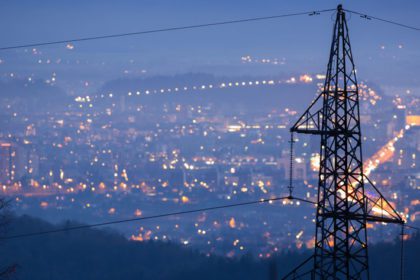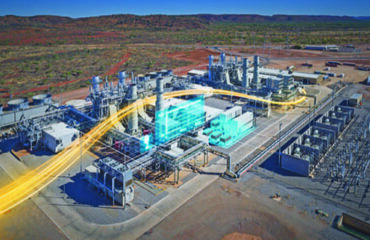
Prospects of Britain facing blackouts are “scare stories” which need to stop. That’s according to Steve Holliday, the former boss of National Grid, who believes the nation has enough electricity capacity to meet demand even during peak times.
His comments come as the latest round of capacity auction for power generation begins.
Under the scheme, power plant operators bid for subsidies to provide back-up power when needed during peak periods between November and February.
Mr Holliday told BBC News: “It’s time for the headline of Blackout Britain to end – it’s simply wrong. We’ve been talking about blackouts for 15 years every time it gets cold, but it’s a scare story. The lights haven’t gone out yet and thanks to the measures the government is putting in place this week they definitely won’t go out in future. The UK has one of the most stable supplies of electricity in Europe.”
One of the most interesting points made by Steve Holliday was his confidence that all future talk of blackouts will be made redundant by a revolution in flexible electricity. He calls Britain a world-leader in energy management, which is great news for our smart energy future.
Sign of the times
These comments from an influential industry figure are indicative of the direction of travel for the deployment of smart energy technologies in the UK. Certainly, all the right language is being used by the key industry players when talking about the smart energy revolution.
That’s because for utilities companies, renewables, distributed generation, and smart grid technologies demand new capabilities and are triggering new business models. But even as electricity providers strive to deliver the smart grid future, they will continue to remain under pressure to keep the lights on.
Outages or grid disruption are not an option, and that’s why it is essential to have robust communications in place. For example, the increasing demands of smarter grid systems mean data is becoming an important part of the mission critical communications mix. This means both primary SCADA and secondary automation networks become an important operational requirement.
Technology advances in remote telemetry units, communication networks and SCADA software allow electricity providers to benefit from smart grid management and control functionality. A secure and resilient communications network that unifies required technologies enables organisation to monitor and control field operations across often widely dispersed areas, by delivering the insight and control needed to ensure consistent supply and improved asset performance.


